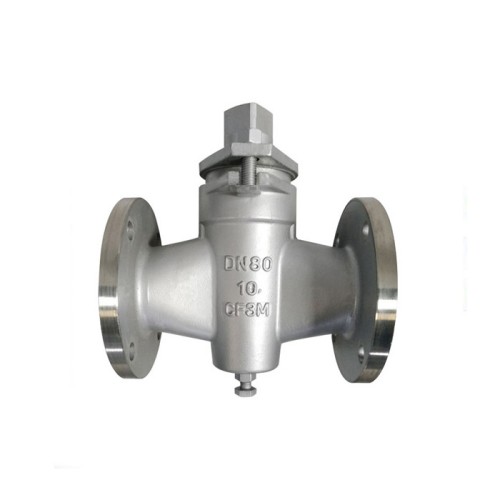Electric Actuator Solutions for Efficient Control of Gate Valves in Various Applications
Electric Actuator for Gate Valve A Comprehensive Overview
Electric actuators have increasingly become a cornerstone in modern industrial automation, enhancing the efficiency and reliability of various fluid control applications. Among these applications, the electric actuator for gate valves stands out due to its unique operational benefits and versatile applications in different industries such as water treatment, oil and gas, power generation, and HVAC systems.
What is a Gate Valve?
A gate valve is a type of valve that opens by lifting a gate out of the path of the fluid. They are primarily used for on/off control, allowing for full flow or no flow when the valve is fully opened or closed. Unlike other types of valves, such as globe valves, gate valves do not restrict flow when fully opened, making them highly effective for applications that require minimal pressure drop across the valve.
The Role of Electric Actuators
Electric actuators are devices that convert electrical energy into mechanical movement. In the context of gate valves, these actuators are utilized to automate the opening and closing of the valves, replacing manual operation with electrical control. This automation not only increases operational efficiency but also enhances safety by minimizing the need for personnel to work in hazardous environments.
Advantages of Electric Actuators for Gate Valves
1. Precision Control Electric actuators provide precise control over valve positioning. This accuracy is crucial in applications where flow regulation is critical, allowing for finer adjustments compared to manual operation.
2. Automation and Integration Electric actuators can be integrated with supervisory control and data acquisition (SCADA) systems and other automated control systems. This capability facilitates remote monitoring and control, reducing the need for manual intervention and thereby improving operational efficiency.
3. Reduced Labor Costs By automating gate valve operations, companies can significantly reduce labor costs. Workers can focus on other critical tasks rather than performing routine valve operations, which can also improve overall workplace safety.
electric actuator for gate valve

4. Energy Efficiency Electric actuators typically consume less energy than pneumatic or hydraulic systems, particularly in scenarios involving frequent valve position adjustments. Their energy efficiency contributes to reduced operational costs and supports sustainability initiatives.
5. Consistent Performance Unlike manual operations that can vary due to human factors, electric actuators ensure consistent performance with reliable opening and closing actions, leading to improved process control.
Applications of Electric Actuators for Gate Valves
Electric actuators are widely utilized in various sectors
- Water Treatment Plants They facilitate the management of flow rates and control water distribution systems efficiently. - Oil and Gas Industry Electric actuators are used to regulate the flow of crude oil and natural gas, offering safe and effective operation in potentially hazardous environments.
- Power Generation In power plants, electric actuators control steam, water, and fuel flow, thereby enhancing the reliability and efficiency of energy production.
- HVAC Systems These actuators help regulate airflow and temperature in heating, ventilation, and air conditioning systems, promoting comfort and energy savings.
Conclusion
The electric actuator for gate valves represents a significant advancement in valve automation technology. By providing precision control, enhancing safety, and reducing operational costs, these devices are essential for modern industrial processes. As industries continue to embrace automation to improve efficiency and reliability, the role of electric actuators in comprehensive fluid control systems is likely to grow, shaping the future of industrial operations. With their versatility and advantages, electric actuators for gate valves will remain a critical component in achieving optimal performance across various applications.
-
Breakthrough in Domestic Low Temperature Valve Technology in ChinaNewsAug.18,2025
-
From Machinery to Intelligent Brain: The Digital Transformation Wave of the Valve IndustryNewsAug.18,2025
-
PCVEXPO 2025NewsAug.18,2025
-
The Key to Fluid Control: Exploring the Advantages of Ball Valves in Industrial SystemsNewsJul.09,2025
-
The Versatile World of 1, 2, and 3 Piece Ball ValvesNewsJul.09,2025
-
Stainless Steel Ball Valves: The Ideal Choice for Efficient Flow ControlNewsJul.09,2025
-
Optimizing Fluid Control with Ball Float ValvesNewsJul.09,2025




